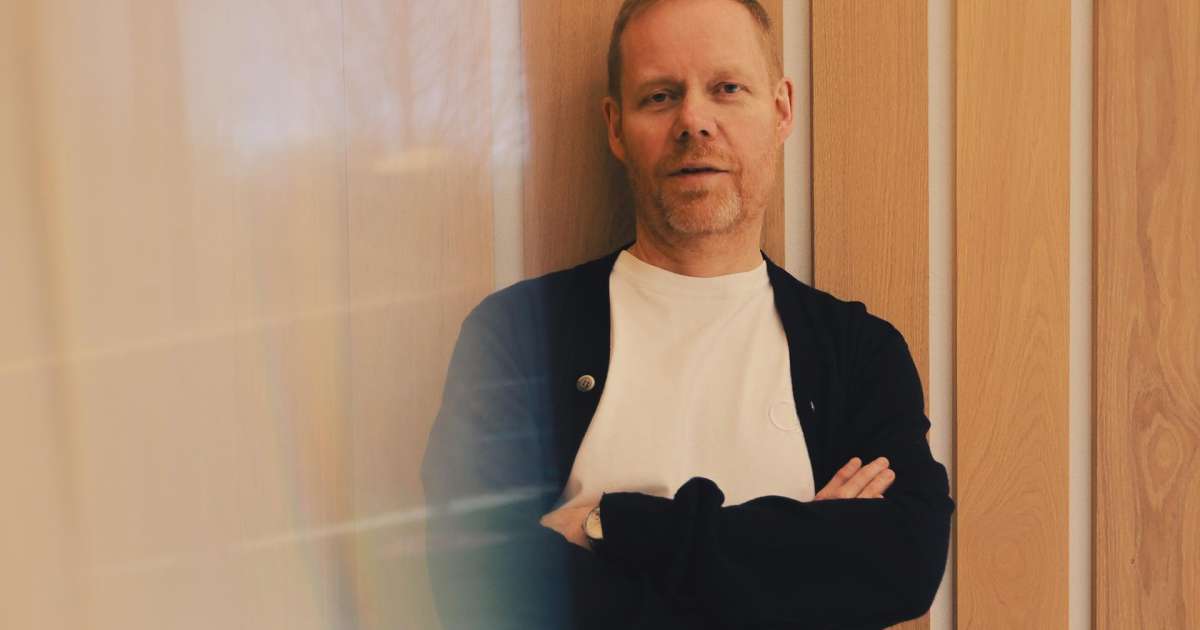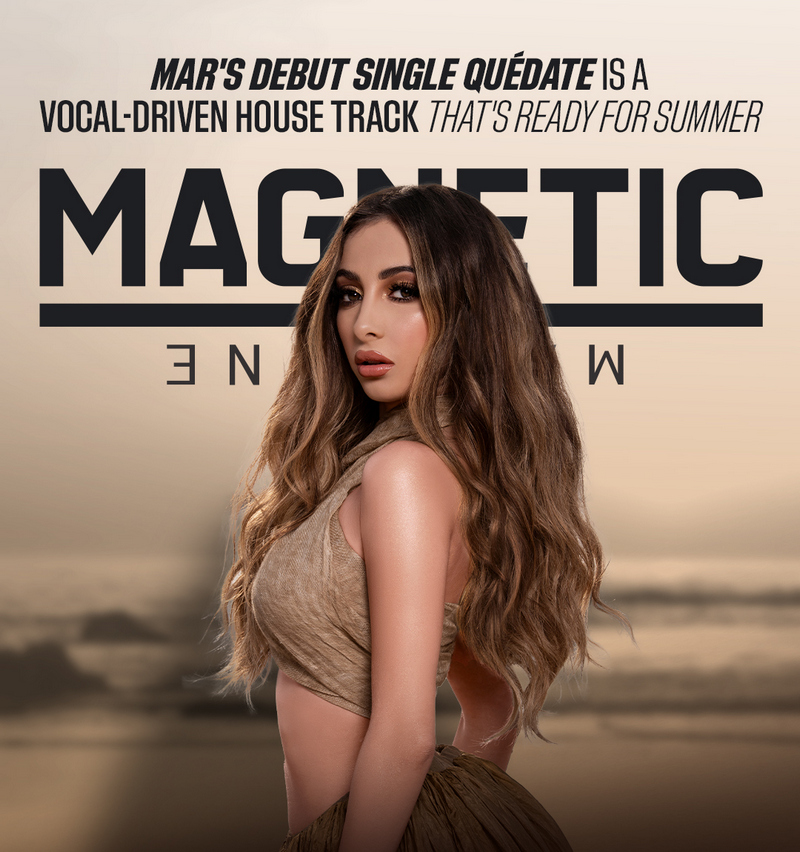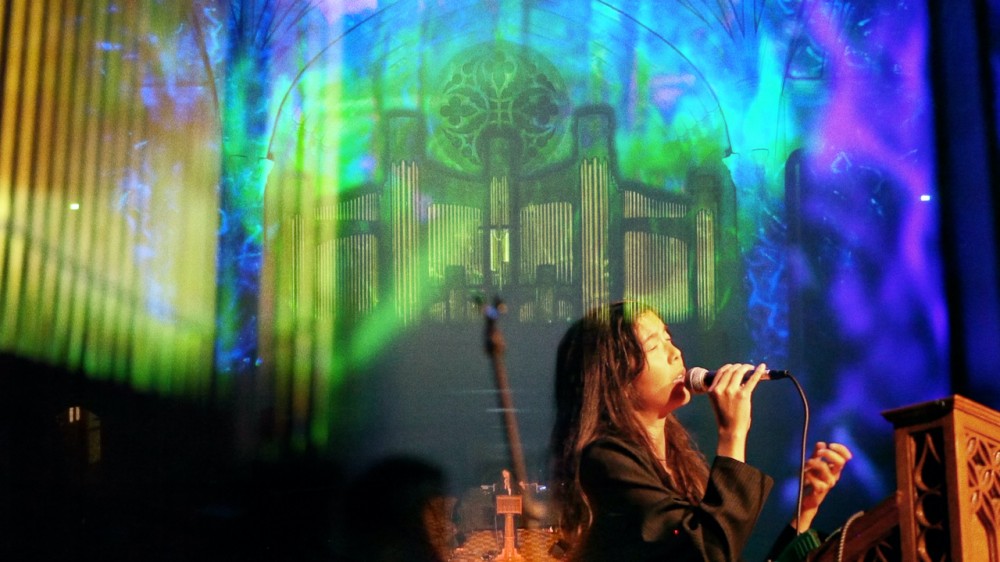
Max Richter makes impassioned plea for MPs to protect musicians from AI
Max Richter delivered an impassioned speech to MPs this week, urging better protection for musicians from the use of their music in AI training to ensure a “future for human creators.”
The German-British composer made the comments as he gave evidence to the Culture, Media and Sport and Science, Innovation and Technology select committees yesterday (February 4).
In his speech, Richter described proposals from the UK government to allow AI to be trained on copyrighted music as “unfair and unworkable,” putting “the onus on artists to opt-out.”
Currently, the use of copyrighted material by AI models is not secured by the Copyright, Designs and Patents Act 1988; the government argues that this is creating “uncertainty” within the UK’s creative and AI industries and is “limiting investment and innovation within the sector”
Read this next: 10,000 AI-generated tracks reportedly uploaded to Deezer every day
Addressing the group of MPs and members of the House of Lords, Richter stressed the importance of human-made music, affirming that it is “the closest thing humanity has to magic,” and without safeguarding that ensures musicians are “fairly rewarded for their work through copyright” it would “fade into history.”
“We have music for getting married, for celebrating a birthday, for learning the alphabet, for graduating school or university, for resisting oppression,” he said. “From national anthems to lullabies, music is in any place in our lives that matters to us.”
“A love song touches us because it was written by a person who knew what it means to fall in love; when we lose someone close to us, the funeral music touches us because its composer also felt the agony of grief, and this shaped the music they wrote.
A self-described “low-key raver,” Richter also attested to the importance of dance music, adding: “When a massive banger floods the dancefloor with joyful people, it is because the artist who made it knows what joy feels like.”
Read this next: Music industry workers to lose a quarter of income to AI by 2028, study finds
Richter explained that he is not against AI, but said the industry “needs to approach it with thoughtfulness” and be aware of the potential impact caused by “its use in creative fields”.
Read Max Richter’s full statement below.
Henrietta Taylor is Mixmag’s Digital Intern, follow her on Twitter
Max Richter’s AI Copyright Hearing Statement
“I’m happy to have this chance to speak personally to the committee on the topic of copyright. I strongly oppose the erosion of copyright proposed in the government’s position.
I’m a composer, so I’m going to be talking from a music perspective, but many of my points apply generally to creative work in relation to AI.
Before I begin, I’d like to explain that I’m not “anti-AI” in an absolute sense. There are many areas of life, especially in scientific and technical fields, where it’s obvious there are huge benefits to the use of this technology. When it comes to creative work however, the situation is more complex. We need to approach it with thoughtfulness and keep in mind the societal impacts that its use in creative fields could have.
Zooming out for a moment; a bit of context. What is music to us anyway? Why do we value it in our lives?
Music is one of the defining human characteristics. It is universal to all human cultures. It has been our companion for 100,000 years or more.
All the really important things in life have music woven into them.
We have music for getting married, for celebrating a birthday, for learning the alphabet, for graduating school or university, for resisting oppression. From national anthems to lullabies, music is in any place in our lives that matters to us. A love song touches us because it was written by a person who knew what it means to fall in love; when we lose someone close to us, the funeral music touches us because its composer also felt the agony of grief, and this shaped the music they wrote; when a massive banger floods the dancefloor with joyful people, it is because the artist who made it knows what joy feels like.
So, music gives a direct glimpse into how it feels to be another person. It connects us in profound ways and lifts us up collectively and personally.
If someone invented a technology that could improve our kid’s brain development, socialisation, and educational attainments as much as learning a musical instrument does, governments would make it mandatory, like Maths or English. Music is the closest thing humanity has to magic.
But all of this will fade into history unless we support creators’ rights because, unless artists can be fairly rewarded for their work through copyright, there is no future for human creators.
Think of your favourite artist; the artist that first got you into music when you were a kid. Without copyright, the chances are that most of the music you love by them would not exist, because without a mechanism that rewarded them for their work, they would not have been able to devote their time to making it.
Like everyone else, artists need to feed their kids, and without copyright that is impossible.
Copyright is an acknowledgement that music has a value, both on a moral level and in monetary terms. Copyright enables a whole network of rights that reaches far beyond the individual artist; it is like the tip of an iceberg of rights that enables the entire creative sector to exist. From artists, managers, publishing houses, record companies, promoters, live venues, production companies, recording studios, agents, festivals, music technology, radio, TV and film production; all of these rest on the principle of copyright.
The government’s proposal to change copyright law to allow AI systems to be trained on copyright material puts the onus on artists to “opt-out” if they do not want their work to be used as training data. The effects of scale make this unfair and unworkable. The default assumption should be that artists work cannot be used to train AIs unless they choose to “Opt-in”. If they do so, they should be paid for the training data (a.k.a. “music”) and share in the income generated by any future works derived from it.
The tech companies pay their researchers and coders salaries. They pay for their buildings, their computers and server farms, but none of these mean a thing without access to good training data, so why is the government proposing that the tech companies should not pay for the training data too?
Artists must have the right to determine whether to opt-in to any AI system being trained on their work, and if so, to be properly rewarded for that process.
The UK music industry is a conspicuous British success story and growth area. The UK is the 2nd biggest exporter of music in the world, after the US, and the music business contributed £7.6 billion to the UK economy last year, directly employing over 200,000 people.
Keeping this dynamic and thriving ecosystem alive rests on a robust and reliable legal structure. Copyright is the cornerstone of that structure.
Every year we wonder who will be headlining Glastonbury. Unless we can find a way to safeguard artists rights, in the future the answer is going to be “what is Glastonbury?”



